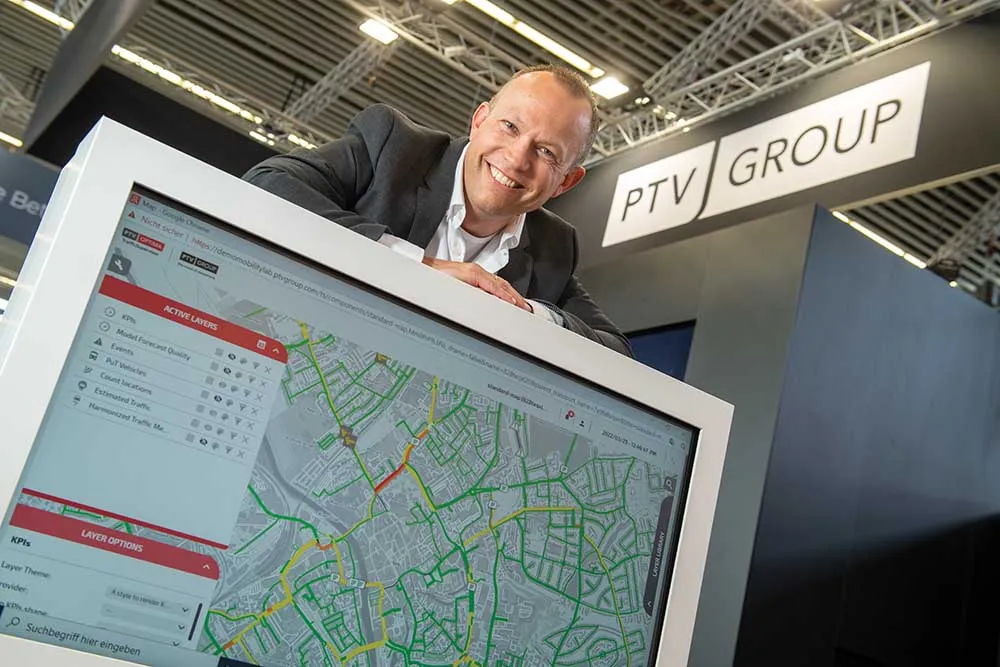The second European Machine Vision Forum takes place in Vienna from 6-8 September 2017, with a focus on the next generation of vision systems for industry, such as new modes of image acquisition, new hardware platforms, and advanced algorithms in order to solve more complex tasks with less effort. The forum is hosted and sponsored by the AIT Austrian Institute for Technology and the Heidelberg Collaboratory for Image Processing. Aimed at scientists, development engineers, software and hardware engineers, an
May 5, 2017
Read time: 1 min
The second European Machine Vision Forum takes place in Vienna from 6-8 September 2017, with a focus on the next generation of vision systems for industry, such as new modes of image acquisition, new hardware platforms, and advanced algorithms in order to solve more complex tasks with less effort. The forum is hosted and sponsored by the AIT Austrian Institute for Technology and the Heidelberg Collaboratory for Image Processing.
Aimed at scientists, development engineers, software and hardware engineers, and programmers both from research and industry, it features plenary sessions with selected contributed and invited talks, a podium discussion, extended coffee and lunch breaks and evening sessions for networking, poster presentations as well as software demonstrations.
The preliminary program with invited talks is online and registration is open. Deadline for abstracts for contributed papers is 2 June and for posters, hardware and software demonstrations it is 11 August.









